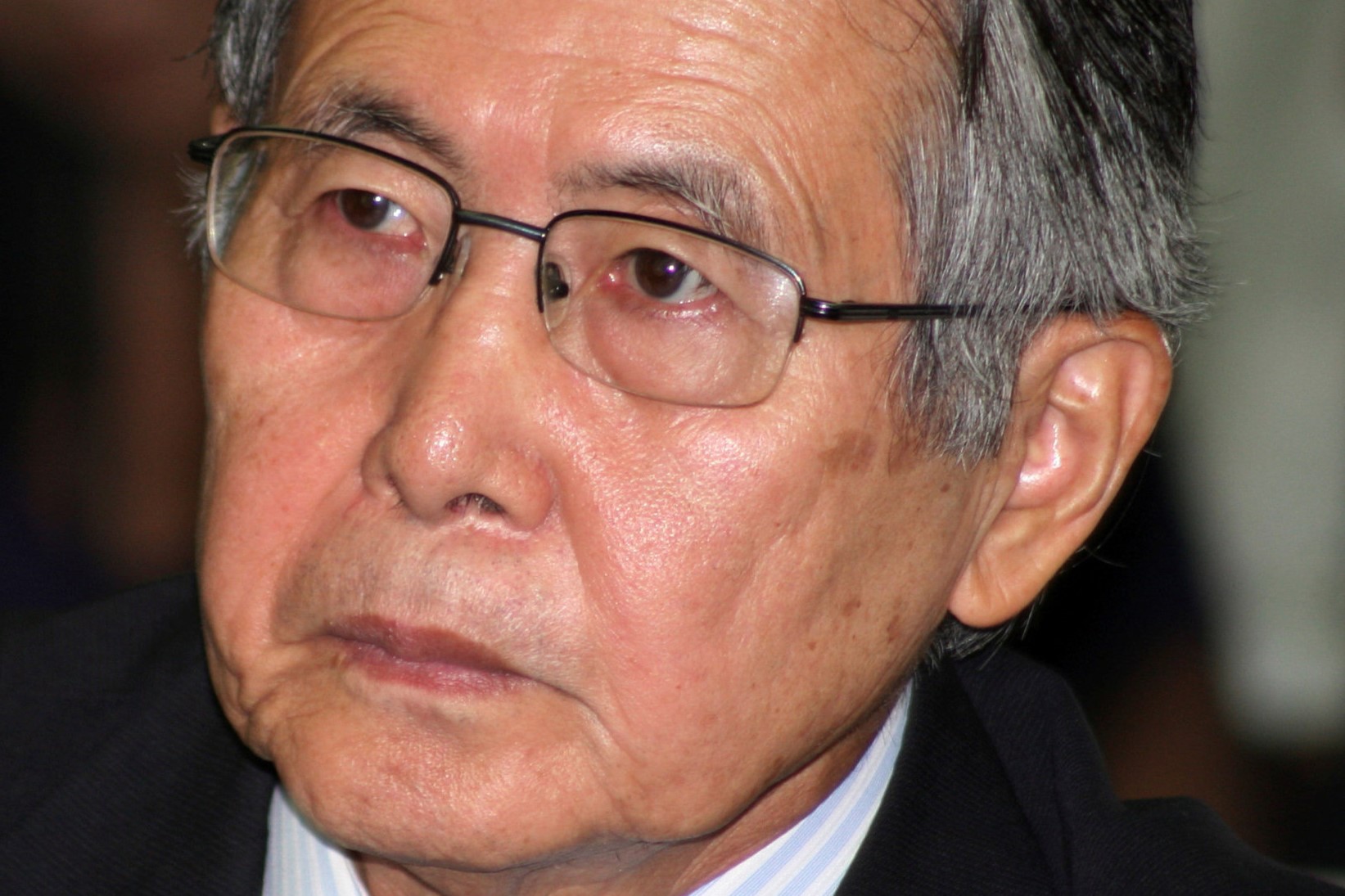
Who is Alberto Fujimori? Alberto Fujimori, a name that echoes through Peruvian history, served as the President of Peru from 1990 to 2000. Known for his controversial policies and dramatic leadership style, Fujimori's tenure was marked by both economic reforms and human rights abuses. He played a pivotal role in defeating the Shining Path insurgency but faced criticism for his authoritarian methods. Why is he significant? His presidency left a lasting impact on Peru, shaping its political landscape for years. Whether viewed as a hero or a villain, Fujimori remains a figure of intense debate and fascination.
Early Life and Education
Alberto Fujimori, a name that resonates in Peruvian history, has a background filled with intriguing details. Let's dive into some lesser-known facts about his early life and education.
- Born on July 28, 1938, in Lima, Peru, Fujimori's parents were Japanese immigrants.
- He attended the prestigious La Gran Unidad Escolar Alfonso Ugarte for his high school education.
- Fujimori earned a degree in agronomic engineering from the National Agrarian University in Lima.
- He later pursued postgraduate studies in France and the United States, enhancing his academic credentials.
Political Rise
Fujimori's entry into politics was unexpected, yet he quickly rose to prominence. Here are some key moments from his political ascent.
- In 1990, Fujimori won the presidential election as a dark horse candidate, defeating the famous writer Mario Vargas Llosa.
- His campaign was marked by a populist approach, appealing to the poor and rural populations of Peru.
- Fujimori founded the political party Cambio 90, which played a crucial role in his electoral success.
Presidency and Reforms
Fujimori's presidency was characterized by significant reforms and controversial decisions. Let's explore some pivotal aspects of his time in office.
- He implemented drastic economic reforms known as "Fujishock" to combat hyperinflation, which initially caused hardship but stabilized the economy.
- Fujimori's government successfully defeated the Shining Path insurgency, a Maoist guerrilla group that had terrorized Peru for years.
- He dissolved Congress in 1992, a move known as the "autogolpe" or self-coup, to push through his reforms without opposition.
Controversies and Human Rights Issues
Fujimori's tenure was not without controversy. Several human rights issues and scandals marred his presidency.
- His administration was accused of numerous human rights violations, including extrajudicial killings and forced sterilizations.
- Fujimori's intelligence chief, Vladimiro Montesinos, was involved in widespread corruption and illegal activities, which eventually led to Fujimori's downfall.
- In 2000, a bribery scandal involving Montesinos forced Fujimori to flee to Japan, where he sought asylum.
Legal Battles and Imprisonment
After his presidency, Fujimori faced numerous legal challenges. Here are some key facts about his legal battles and imprisonment.
- In 2005, Fujimori was arrested in Chile while attempting a political comeback in Peru.
- He was extradited to Peru in 2007 to face charges of human rights abuses and corruption.
- In 2009, Fujimori was sentenced to 25 years in prison for human rights violations, including the Barrios Altos and La Cantuta massacres.
- Despite his imprisonment, Fujimori remains a polarizing figure in Peru, with some viewing him as a hero who saved the country from chaos, while others see him as a dictator who trampled on human rights.
Final Thoughts on Alberto Fujimori
Alberto Fujimori's legacy is a mix of achievements and controversies. His presidency saw economic reforms that stabilized Peru's economy and combated hyperinflation. However, his tenure was also marked by human rights abuses and corruption scandals. Fujimori's aggressive stance against the Shining Path insurgency brought relative peace but at a high moral cost. His controversial self-exile to Japan and subsequent extradition back to Peru added another layer to his complex story. Despite his imprisonment, some Peruvians still view him as a hero who saved the country from chaos. Others see him as a dictator who violated democratic principles. Understanding Fujimori's impact requires a nuanced view, recognizing both his contributions and his failings. His story serves as a reminder of the delicate balance between strong leadership and the preservation of human rights and democratic values.
Was this page helpful?
Our commitment to delivering trustworthy and engaging content is at the heart of what we do. Each fact on our site is contributed by real users like you, bringing a wealth of diverse insights and information. To ensure the highest standards of accuracy and reliability, our dedicated editors meticulously review each submission. This process guarantees that the facts we share are not only fascinating but also credible. Trust in our commitment to quality and authenticity as you explore and learn with us.


